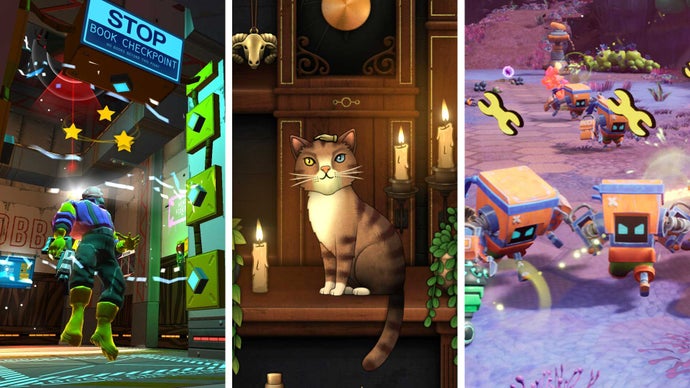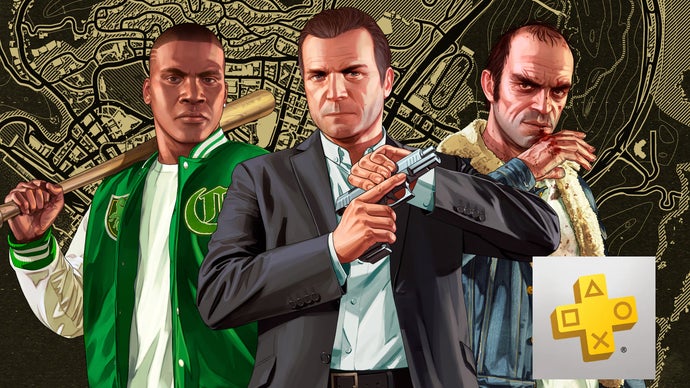What we've been playing - "I then made fishcakes and fed them to a time-frozen lad called Pirate Pete"
Hello and Happy New Year - is it okay to say that now? I'm not sure where the cut-off point is. Some people still have their Christmas trees up. We had ours out before New Year. Welcome back to What We've Been Playing! Or as I like to call this particular edition of it: What We Played Over Christmas, because it's been a couple of weeks since we've talked.






